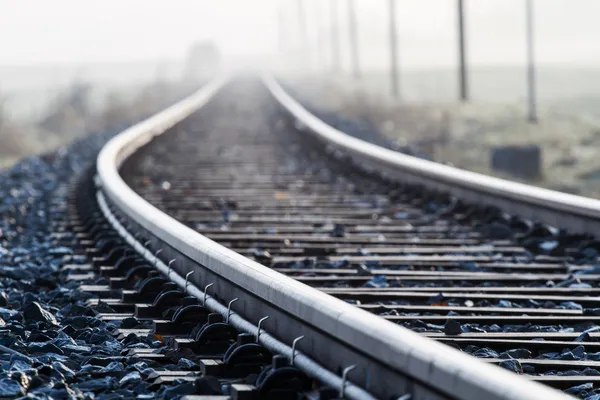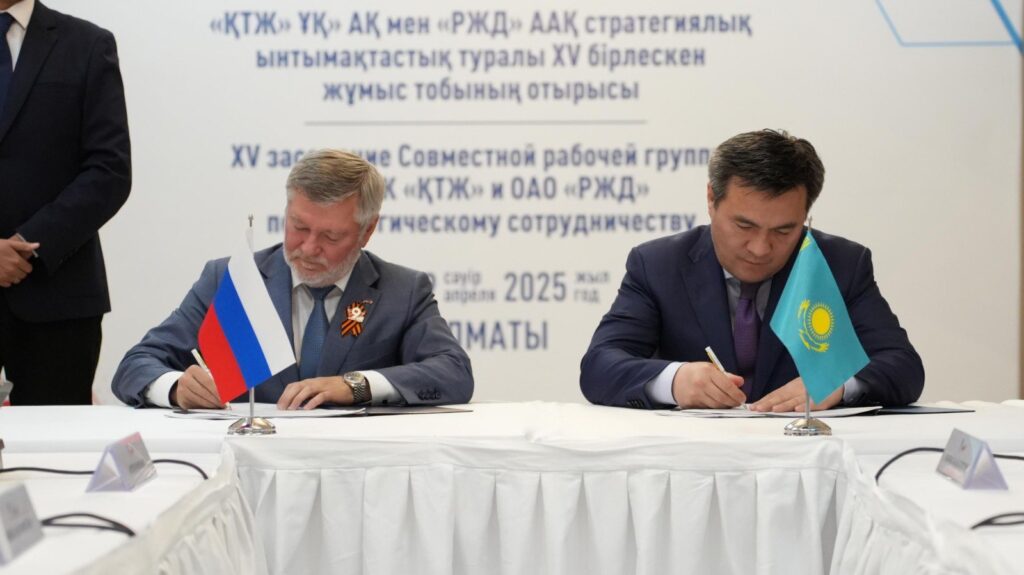EDB to Fund Feasibility Study for Railway in Kyrgyzstan’s Issyk-Kul Region
The Eurasian Development Bank (EDB) will provide a grant to Kyrgyzstan’s national railway company, Kyrgyz Temir Jolu, to prepare a preliminary feasibility study for a new railway line connecting the cities of Balykchy and Cholpon-Ata in the Issyk-Kul region. Balykchy and Cholpon-Ata are located 79 km apart. At present, the railway linking Kyrgyzstan’s capital, Bishkek, with Lake Issyk-Kul ends in Balykchy. The planned section would extend the line to Cholpon-Ata, the main resort city on the lake’s northern shore. A technical assistance agreement for financing the study was signed on August 14 by Azamat Sakiev, General Director of Kyrgyz Temir Jolu, and Iaroslav Mandron, Vice Chairman of the EDB Management Board. According to the EDB, the Balykchy-Cholpon-Ata project aims to boost both tourism and freight connectivity in the Issyk-Kul region, linking its resorts to the railway networks of Kazakhstan and Uzbekistan. It is also expected to support mineral resource development and expand freight operations by creating more reliable logistics routes. The preliminary feasibility study will compare technical and economic options, determine the optimal construction approach, develop a high-level financial and economic model, and provide recommendations for implementation and financing. “The new Balykchy-Cholpon-Ata railway section is crucial not only for strengthening Kyrgyzstan’s domestic transport system but also for advancing international logistics,” said Mandron. “The project will integrate with Tamchy Airport, about 40 km from Cholpon-Ata, helping increase both tourist and cargo traffic. The feasibility study is a strategic step that will allow the parties to move from intentions to concrete implementation mechanisms for a project estimated at around $500 million.”






